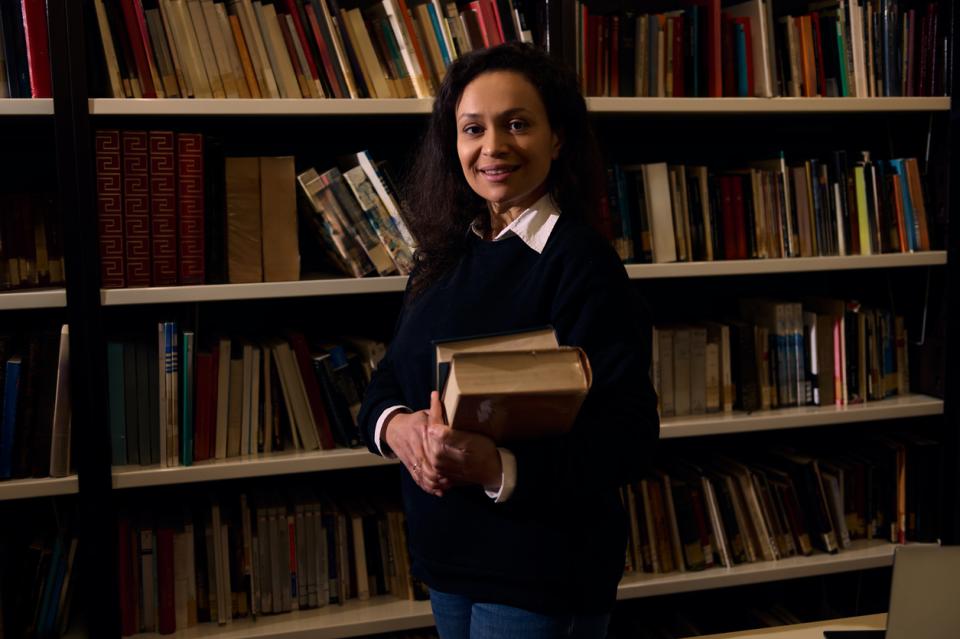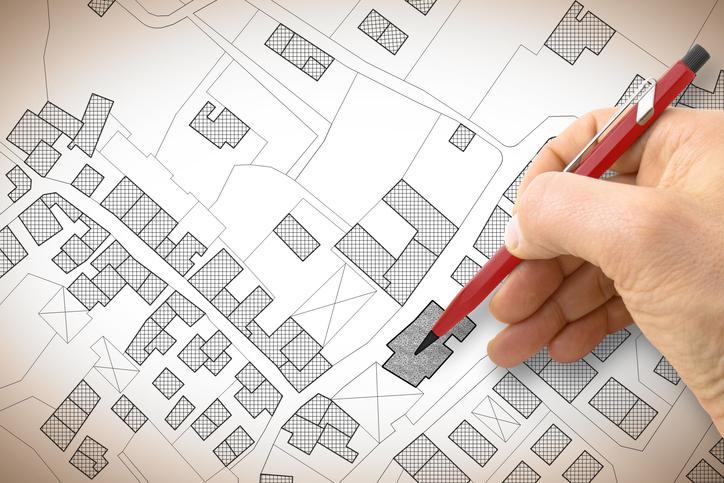It’s often easy to see echoes of my research in contemporary discussions. As a historian of 20th-century European diplomacy, debates around German, British and French foreign affairs or the significance of international organisations in times of geopolitical turmoil have clear parallels to today’s world. What has been less direct, however, is how to translate my findings to engage with policymakers so my historical research can make an impact in today’s world. As a scholar of the arts and humanities, there might be a preconception that I have less to offer in understanding the contemporary world than, say, a specialist in law.
Over the past few years, I’ve gradually opened my work to more contemporary topics. I still have a lot to learn and improve regarding engagement with policymakers, but I do believe the arts and humanities have much to contribute to policy work and those working in them can bring valuable skills.
Reflecting on the past few years, I have three top tips for arts and humanities scholars who are looking to develop their impact profile while keeping their core research on track.
Be open to the unexpected
There are various avenues for academics to develop their impact skills. Often, exploring a range of paths to impact, such as programmes with a focus on developing business skills, can lead to unintended outcomes. While I was a British Academy postdoc at The University of Manchester, I joined an Economic and Social Research Council (ESRC) funded scheme that connected academics with business. I partnered with a consultancy that had been doing some exciting work on cultural diplomacy and produced my first report on the impact of Brexit on UK soft power.
Working closely with a consultant was the start of my policy journey. It allowed me to gain my first experience engaging with policymakers. I honed some key transferable skills and developed a network of contacts within British soft power which has remained vital for my work to this day.
I’m currently undertaking a Research England Policy fellowship working with the British Council. While some people may not think of the organisation as a “typical” policy stakeholder, collaborating with it has been a conduit for meeting with government departments.
You never know where opportunities might lead. When workload allows, it is worth exploring different avenues that interest you and see what might come from it.
Be agile
It is, of course, important to remain aware of the current policy priorities, but that’s not always easy in the arts and humanities when one’s job and research are not primarily about contemporary topics. Now I’m at the University of Bristol, its policy engagement team has encouraged me to think about how my research might align with the government’s priorities (it first introduced me to the world of “areas of research interest” for example). Shifting from my (perhaps sometimes narrow) research focus to questions that are relevant to the government has increased the chances of successful engagement.
Many universities have specific policy engagement teams that can guide your journey to engage with policymakers. Identify them, and make the most of the advice and guidance they provide. There is also cross-institutional support available, such as the Universities Policy Engagement Network (UPEN) or the Knowledge Exchange Unit in the Parliamentary Office of Science and Technology.
- Take your research outside the academy
- Driving change through knowledge: how to increase policy impact
- How to succeed at policy engagement, part one: define your purpose
Look beyond Westminster
Devolved administrations and their assemblies (or parliament) have knowledge exchange schemes and mailing lists that keep researchers informed of their areas of interest and ongoing consultations, so sign up for their newsletters or alerts.
Last year, a senior researcher at the Senedd Cymru (the Welsh Parliament) contacted me to say that several of my publications on Brexit and UK Soft Power had been selected as written evidence for the Senedd Committee inquiry on culture and the new relationship with the EU. The committee later invited me to submit oral evidence as part of its inquiry. To prepare, I worked with PolicyBristol colleagues and researched the questions the committee were interested in. Wales had never been a case study of my research, but the process enabled me to learn more about the country’s relationship with the EU and it turned out many of my findings had implications for the devolved administrations.
While there are many opportunities to engage on a national level, don’t forget local or regional policymakers also want to engage with evidence and research. There can often be fewer barriers to engagement, such as location or the need to travel, and more opportunities to engage directly with decision-makers.
A big part of achieving impact as arts and humanities scholars comes from adaptation to a new audience and a new language. It’s a process that requires the support of colleagues who are experts in the domain as well as creativity on the part of the academic. Given creativity is at the heart of the arts and humanities, scholars from these disciplines are well equipped to engage with policy.
Charlotte Faucher is a senior lecturer in French history at the University of Bristol’s School of Modern Languages.
If you would like advice and insight from academics and university staff delivered direct to your inbox each week, sign up for the Campus newsletter.




comment